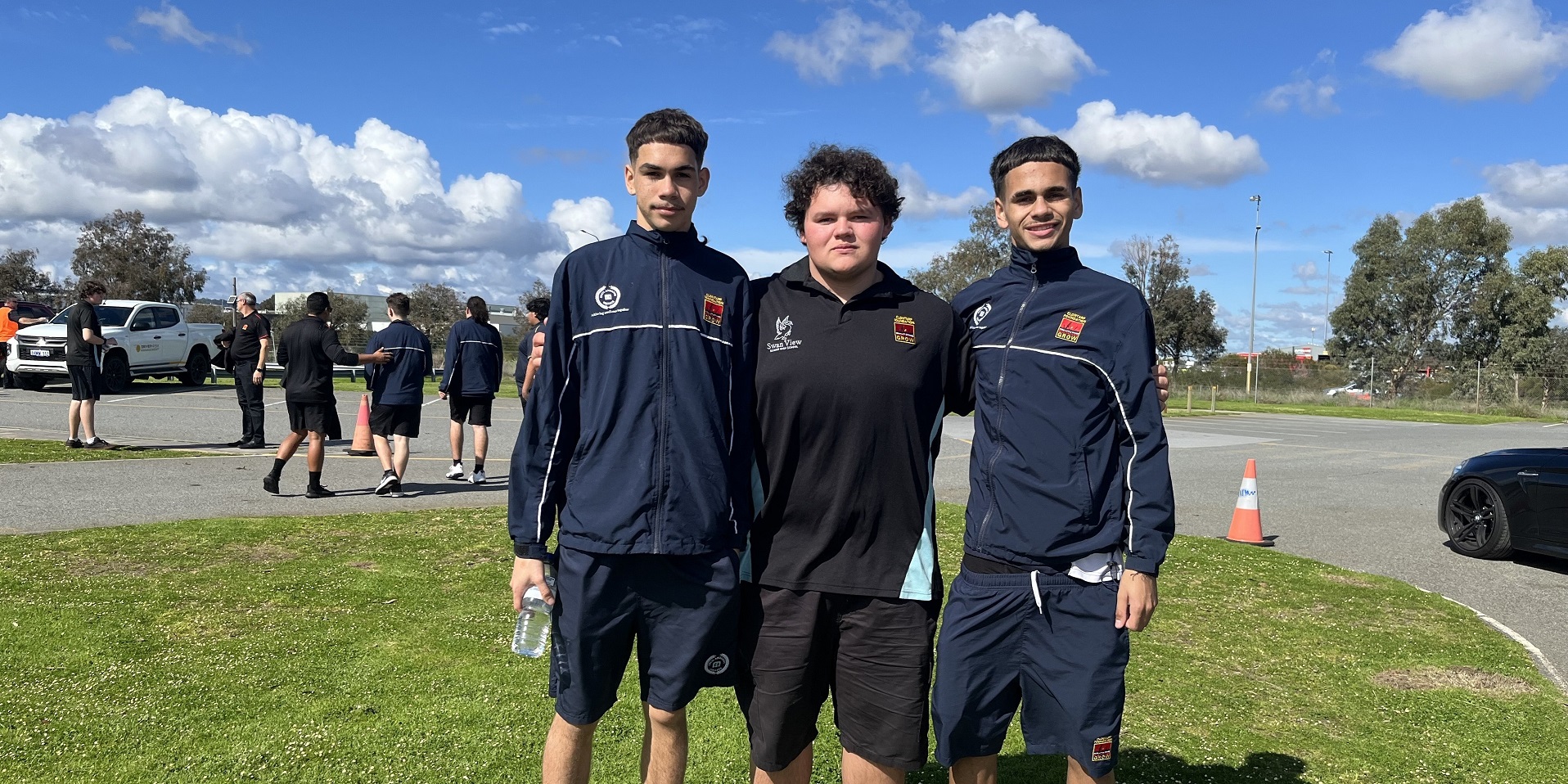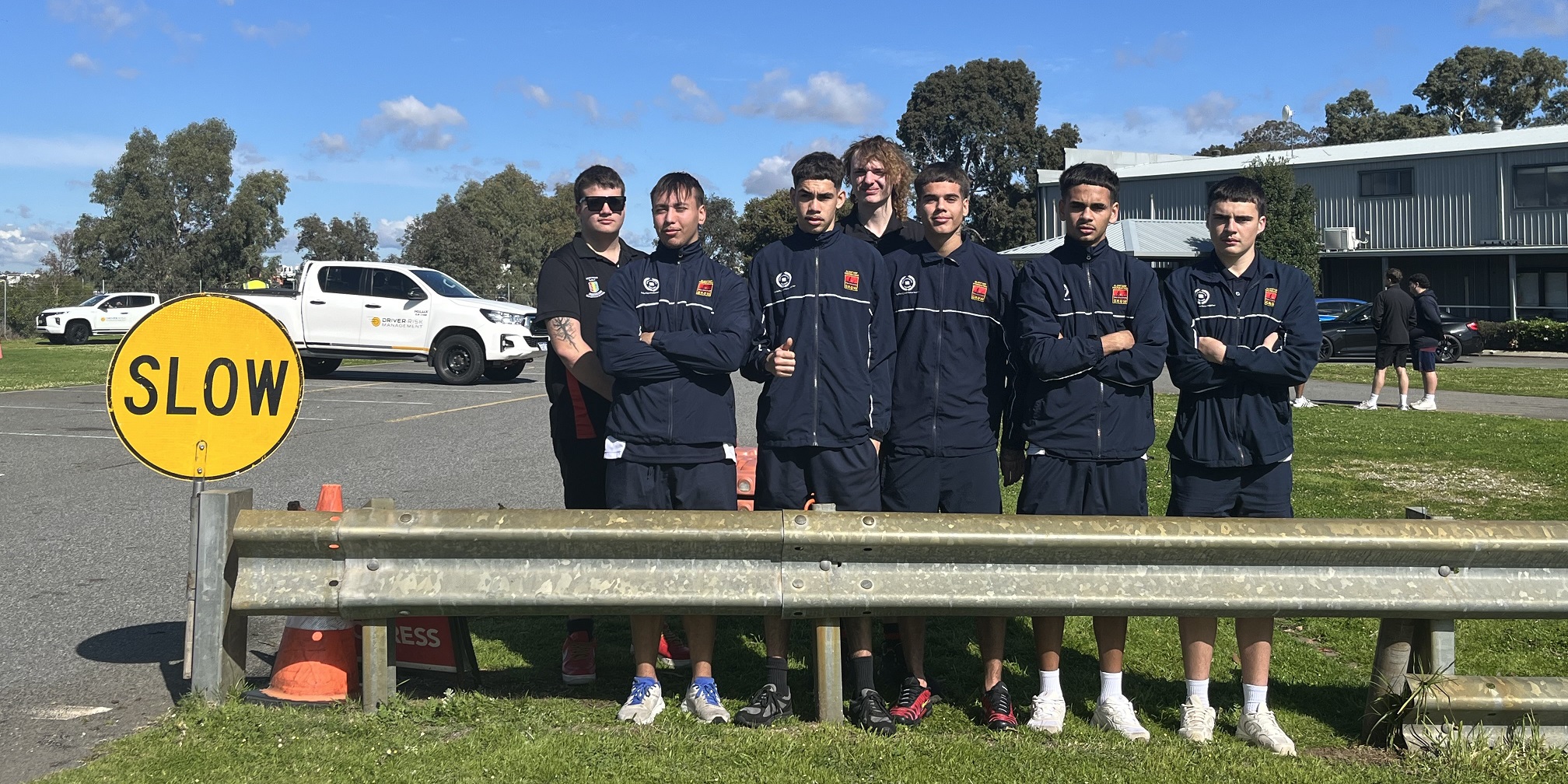
The Road Safety Commission's partnership with the Clontarf Foundation is supporting young Aboriginal men (years 10 - 12) to get their learner’s permits and driver’s licences and become independent, confident, and safe drivers.
Last month as part of the L-2-P program, 47 students in years 11-12 from schools across Perth took part in a Driving Risk Management course that focused on the importance of driving safely and responsibly.
One of the students, Riley, had achieved his driver’s licence only the day before.
According to Riley’s teachers, he may have never achieved his driver's licence if it had not been for the program. Riley was a very nervous driver. The program, which provided free access to experienced driving instructors, made all the difference to his confidence.
Riley learned that listening to relaxing music helped to calm his nerves, and allowed him to focus and have a better understanding of his surroundings while driving. He passed his practical test on his fourth attempt.
Riley’s first feeling after getting his licence was relief followed by happiness, knowing he could now visit his family in Midland and Ellenbrook and improve his social life.
'Parents polled about the L-2-P program all agreed that without the program, their child would probably not have his licence,' said the Road Safety Commission’s Manager of Community Initiatives Stacey Coppack.
Clontarf L-2-P graduate Leo said that being 18 years old and not being on your P’s would be a bit miserable. Achieving his driver’s licence meant that he could get to sports training and his job at Woolies. He could also become the Uber for his family and take his mates to school.
Other students participating in the course said they looked forward to going on dates, planning fishing holidays, and not having to rely on mum. They agreed that a driver’s licence would improve their job prospects and felt proud to be role models for other young Aboriginal men learning to drive.
Aboriginal and Torres Strait Islander people are more likely to die or suffer serious injury because of vehicle crashes compared to other Australians. A 2021 NACCHO submission found that First Nations people are 2.7 times more likely to die and 1.4 times more likely to suffer serious injury in vehicle crashes than other Australians.
'I am very proud of the Commission’s partnership with Clontarf Foundation and the role it plays not only helping to make more journeys safe, but helping to unlock education and employment opportunities,' Stacey said.
The total investment over the life of the project partnership from 1 June 2021 to 30 June 2025 is $555,000.



